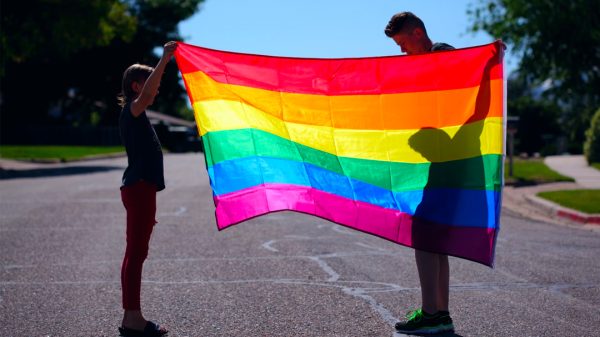A big change is worth noting in the HIV response in the Philippines.
Nope: it’s not the introduction of (and profiting off) HIV pre-exposure prophylaxis (PrEP) that cuts HIV risk by 99%, or the (finally!) push for TasP (treatment as prevention) that backs U=U (undetectable = untransmittable, meaning PLHIVs with undetectable viral can no longer infect others through sex). It’s not even because a new drug (lenacapavir) will soon be introduced as new PrEP in the country, only requiring 2x a year injection to be protected from HIV infection (this will take more time to be widely distributed to Filipinos).
This big “change” has to do with HIV reporting in the Philippines. Which now happens every quarter, as opposed to monthly.
This is a surprising move from the Department of Health (DOH), actually, since the government agency itself admits that “since 2021, the number of newly diagnosed HIV cases reported monthly has been increasing”, with the average monthly cases only 1,027 in 2021, increasing by 21% to 1,245 in 2022, and then increasing further by 15% to 1,437 in 2023. Buod: We have around 50 new HIV cases per day.
The response, in a gist: Cut the frequency of the HIV reporting.
LOL
Let’s add even more numbers from DOH itself: Only 66% of the estimated 127,217 Filipinos living with HIV take antiretroviral (ARV) medicines; only 44% had viral load test; and only 39% of those using ARVs are virally suppressed. There are also 28,473 “lost to follow-up” PLHIVs (meaning, those who were initially part of the system, but decided that – FUCK IT! – the system’s not working for me so I may as well not do anything about my HIV situation).
The responses related to HIV is supposed to be “scientific”. Part of this is relying on data. Data that’s now harder to get.
Just add to the issues that DOH should have control over – e.g. accreditation of profiteers in HIV responses (and undefined de-accreditation process of those who profit off PLHIVs via OHAT Package of PhilHealth); slow national rollout of new(er) meds (e.g. TLD); inconsistent services offered in treatment facilities (Hello, viral load test!) and no sanctions against those who collect the money without rendering the needed services; et cetera.
Because October na (it’s already October), and we’re still talking like it’s still June.
































































